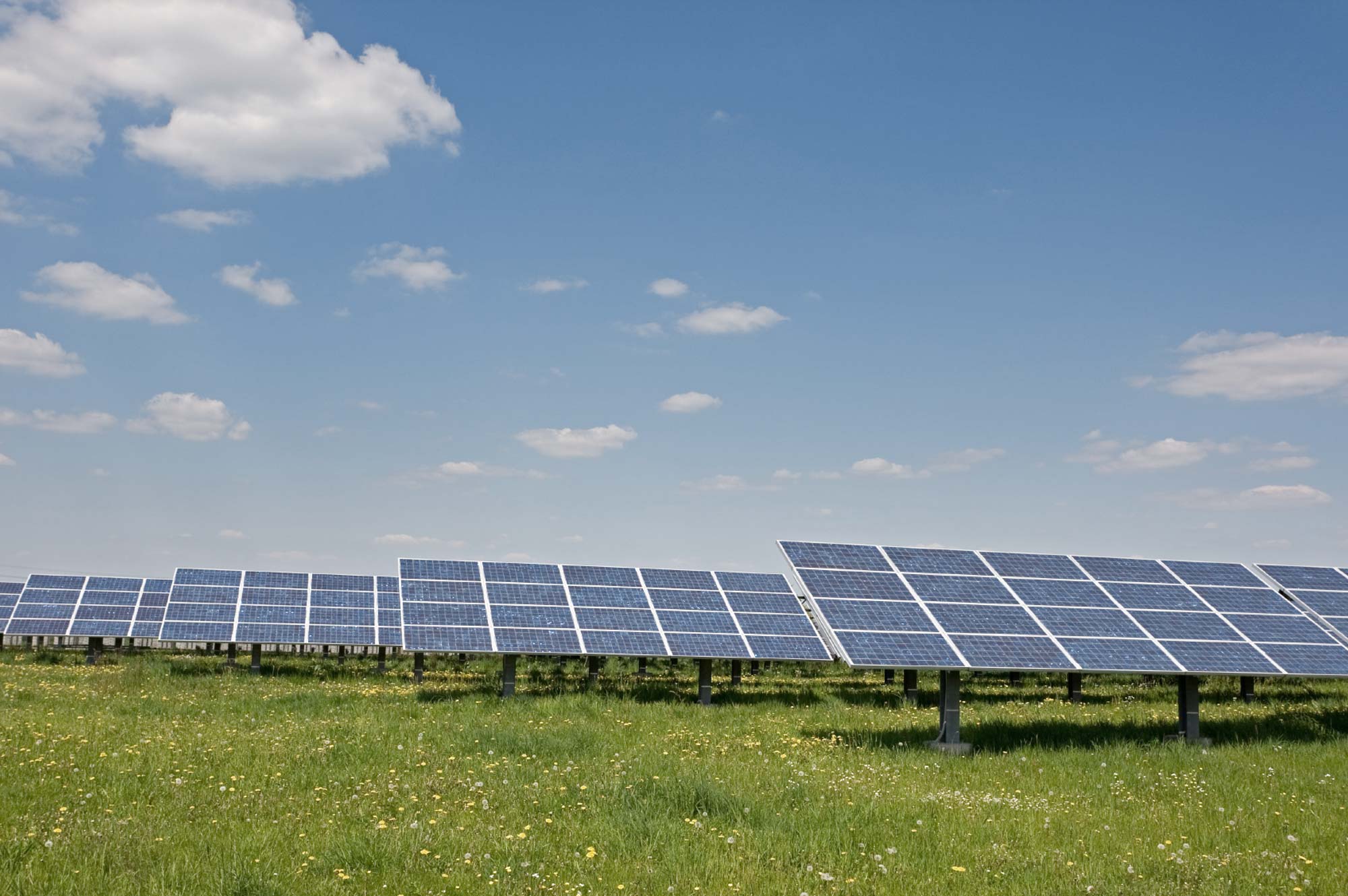Reducing greenhouse gas emissions by more than 20 percent until 2020
The process of industrialisation has increased greenhouse gas emissions in the form of CO2 and other gases.
There is a broad scientific and political consensus that these emissions cause climate change, measured as global warming, though local effects may vary.
Since 1996, the EU has repeatedly reiterated its intention to make efforts to reduce global warming to less than 2°C higher than average pre-industrial temperatures.
In preparation for the Copenhagen Climate Conference in 2009, the EU decided to reach that target by increasing the share of renewables by 20%, boosting energy efficiency by 20% by 2020, and reducing emissions by 20% (or even 30% if other major economies reciprocate by concluding a follow-up agreement to the Kyoto Protocol).
What was the Greens' position?
The Greens are convinced that an emission reduction target of 30% would benefit European businesses, regardless of the outcome of any international negotiations.
European industries have the potential to become pioneers in efficient, climate-friendly technologies.
There is sufficient evidence indicating that the goal of cutting greenhouse gas emissions by 20% will not create the desired incentive for innovation.
We also believe that investment in climate change comes at a lower opportunity cost than the consequences of climate change.
The economic crisis and the drop in prices of emission certificates as a result of less intensive economic activity reduce these costs even further. Cutting emissions also yields additional financial benefits due to improved public health.
Did other MEPs accept the Greens' position?
The Greens succeeded in negotiating a progressive report in committee, including the statement that a 30% emissions reduction target is technically feasible and economically affordable.
The draft report also stated that the costs of taking no action would exceed the amount invested in combating climate change.
However, the text was rejected in a plenary vote and will therefore not have any immediate effect.
Which points did the Greens lose?
The Greens were unable to secure a vote in favour of a more ambitious emission reduction target, partly because a delay before the final vote gave European industries plenty of time to lobby Parliament.
The EPP proved to be a willing listener and altered the key passage of the text to read that reduction emissions would only be possible if the Copenhagen Climate Conference reached agreement on a follow-up treaty to the Kyoto Protocol.
The EPP group also deleted passages calling for a stabilisation of EU CO2 emission certificates (ETS), thus depriving EU industries of any incentive to invest in climate-friendly technologies.
The thus amended text was rejected in the final vote. So Parliament missed an opportunity to urge the Commission and Member States to take a substantial, symbolic step in the run-up to the Copenhagen climate negotiations.
Procedure:Own-initiative procedure
Reference(s):2011/2012(INI)
Lead MEP:Bas Eickhout (GREENS/EFA)
Green MEP responsible:Bas Eickhout
Voted:05/07/2011
Staff contact:Terhi Lehtonen (Email)
Outcome of the vote
Below you find the results of the final vote in plenary. How did the political groups vote? What about national delegations? And what was the position of your MEP?
